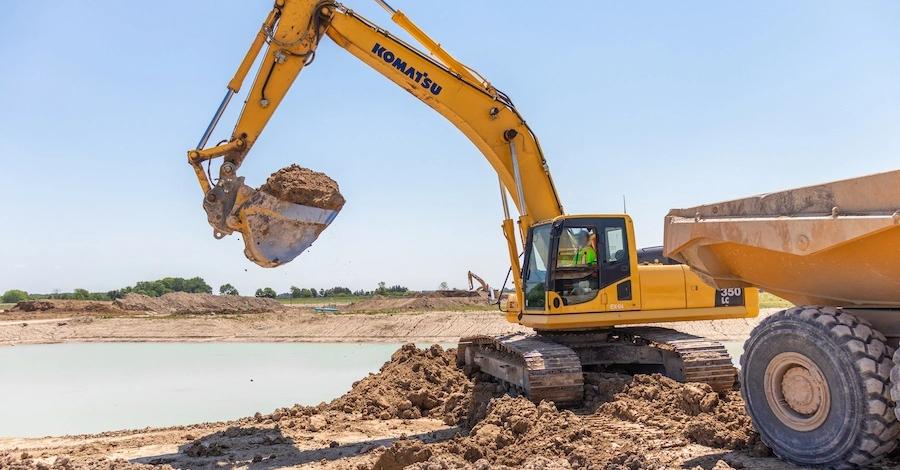Selecting the appropriate excavator is a pivotal decision for construction professionals, as the efficiency and success of a project often hinge on the capabilities and specifications of this heavy equipment. With an array of excavators available in the market, each designed for specific tasks, construction teams must carefully consider various factors to make an informed choice.
Understanding Excavator Types
Excavators come in various types, each tailored to different construction tasks. Mini excavators are compact and versatile, suitable for jobs with limited space, while standard excavators offer more power and reach. Understanding the specific requirements of a project is crucial for selecting the right excavator type. Whether it’s digging trenches, demolishing structures, or handling material, choosing the appropriate equipment ensures optimal performance and efficiency on the job site.
Assessing Digging Depth and Reach
Digging depth and reach are critical specifications that directly impact an excavator’s capabilities. Construction professionals must assess the depth and reach required for their projects to choose an excavator that meets these specific needs. Mini excavators, with their smaller size, may excel in confined spaces, while larger excavators may be necessary for deeper excavations and extensive reach. Understanding these specifications is fundamental to ensuring that the chosen excavator can effectively complete the intended tasks.
Considering Bucket Size and Attachments
Bucket size and the availability of various attachments play a key role in customizing excavators for different tasks. Construction professionals should evaluate the types of materials they’ll be handling and the range of tasks the excavator needs to perform. Choosing the right bucket size and attachments ensures that the excavator can efficiently handle the materials and tasks required for the project at hand.
Assessing Operating Weight and Size
Operating weight and size are critical factors influencing an excavator’s maneuverability and power. Construction sites with limited space may opt to look for an excavator for sale, which combines power with a smaller footprint. Larger excavators, with increased operating weight, are better suited for heavy-duty tasks on more extensive construction sites. Striking the right balance between operating weight and size ensures that the excavator can navigate the job site effectively while delivering the necessary power for efficient digging and lifting.
Considering Fuel Efficiency and Environmental Impact
Fuel efficiency is a key consideration in the construction industry, not only for cost savings but also for minimizing environmental impact. Construction professionals should assess the fuel efficiency of potential excavators and consider long-term operational costs. Some modern excavators are designed with fuel-efficient features that contribute to sustainability while keeping operational expenses in check. Evaluating the environmental impact aligns with the growing emphasis on sustainable practices within the construction industry.
Exploring Operator Comfort and Safety Features
Operator comfort and safety features are integral aspects of choosing the right excavator. Construction professionals should prioritize equipment that provides a comfortable and ergonomic environment for operators, as this can contribute to increased productivity and job satisfaction. Safety features such as enclosed cabs, backup cameras, and advanced visibility systems further enhance the well-being of operators and reduce the risk of accidents on the job site. Prioritizing these features contributes to a safer and more efficient construction environment.
Considering Maintenance Requirements
The longevity and reliability of an excavator hinge on proper maintenance. Construction professionals should assess the maintenance requirements of potential excavators, considering factors such as ease of access for routine checks, availability of diagnostic systems, and overall durability. Choosing equipment with manageable maintenance needs contributes to its longevity and reduces downtime, ensuring that the excavator remains a reliable asset throughout the duration of the project.
In conclusion, choosing the right excavator is a multifaceted decision that requires careful consideration of project needs, equipment specifications, and long-term operational factors. Construction professionals must assess the type, digging depth, attachments, operating weight, and size of excavators, while also considering fuel efficiency, operator comfort, safety features, maintenance requirements, and financing options. Making an informed choice ensures that the selected excavator aligns with the unique demands of the construction project, contributing to overall efficiency, safety, and success on the job site.

